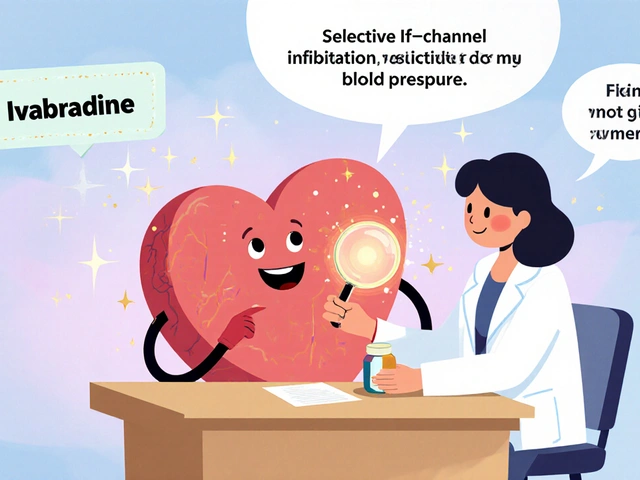Common misconceptions about medications — what actually matters
People trust headlines, hearsay, or a single forum post and then act on medical advice. That leads to mistakes you can avoid. This page clears up common misconceptions about prescriptions, online pharmacies, supplements, and drug interactions — with straight, useful tips you can use right away.
Quick red flags when buying meds online
Cheap price doesn’t prove a pharmacy is legit. Red flags include no prescription required for prescription-only drugs, a missing physical address, or shaky payment pages. Look for a clear contact phone number, a verifiable address, and basic pharmacy info. If a site refuses to show the active ingredient or lists only brand names with wildly low prices, walk away.
Remember customs rules when ordering from abroad. Some countries limit quantities or forbid specific drugs. Check your local customs guidance before buying — you don’t want a shipment stopped or destroyed at the border.
Everyday tips to avoid medication myths
Myth: “If it’s natural, it’s safe.” Not true. Supplements like garlic, raspberry ketone, or male fern can interact with prescription drugs or cause side effects. Treat supplements like medicines: check interactions and tell your doctor about everything you take.
Myth: “Switching to an alternative is always safer.” Alternatives can help, but they may bring different risks. For example, switching antipsychotics or antidepressants needs medical planning. Don’t swap drugs on your own—ask a clinician about dosing and monitoring.
Myth: “If I feel better, I can stop the drug.” Stopping suddenly can cause withdrawal or relapse. That applies to benzodiazepines, antidepressants, and some blood-pressure meds. Always get a taper plan from your prescriber.
Myth: “Only prescription drugs interact.” Over-the-counter meds, herbal products, and even food can change how drugs work. Keep an updated list of everything you take and run it by a pharmacist when starting something new.
Cardiac risk questions, like whether certain drugs hurt your heart, deserve careful answers from a cardiologist. Likewise, concerns about side effects in older adults (for instance, low sodium risk) need specific checks — age and other meds change the picture.
When you consider alternatives or online sources, focus on the ingredient, dose, and proven safety data — not just brand names or marketing. If a source claims dramatic benefits with no trade-offs, be skeptical.
Practical checklist: verify the pharmacy, keep a current medication list, ask a pharmacist about interactions, don’t stop meds suddenly, and treat supplements as medicines. These small steps prevent common, costly mistakes and keep your care on track.
If something feels off — price, shipping, advice — pause and ask a professional. A short call to your doctor or pharmacist can save a lot of trouble later.
16
Can Shingles Be Contagious? Debunking Common Myths
In my latest blog post, I explore the common misconceptions about shingles, particularly regarding its contagiousness. Contrary to popular belief, shingles itself is not contagious. However, the virus that causes shingles, the varicella-zoster virus, can spread from a person with active shingles to another person who has never had chickenpox. But instead of developing shingles, that person would develop chickenpox. It's crucial to understand these distinctions to prevent unnecessary panic and to promote proper precautionary measures.
Latest Posts
Popular Posts
-
 OTC Heartburn Medications: Antacids, H2 Blockers & PPIs Explained
OTC Heartburn Medications: Antacids, H2 Blockers & PPIs Explained
-
 Extended Use Dates: How the FDA Extends Drug Expiration Dates During Shortages
Extended Use Dates: How the FDA Extends Drug Expiration Dates During Shortages
-
 Magnesium Supplements and Osteoporosis Medications: What You Need to Know About Timing
Magnesium Supplements and Osteoporosis Medications: What You Need to Know About Timing
-
 Enteral Feeding Tube Medication Safety: Compatibility and Flushing Protocols Explained
Enteral Feeding Tube Medication Safety: Compatibility and Flushing Protocols Explained
-
 Meniere’s Diet: How Sodium Restriction and Fluid Balance Reduce Vertigo and Hearing Loss
Meniere’s Diet: How Sodium Restriction and Fluid Balance Reduce Vertigo and Hearing Loss



